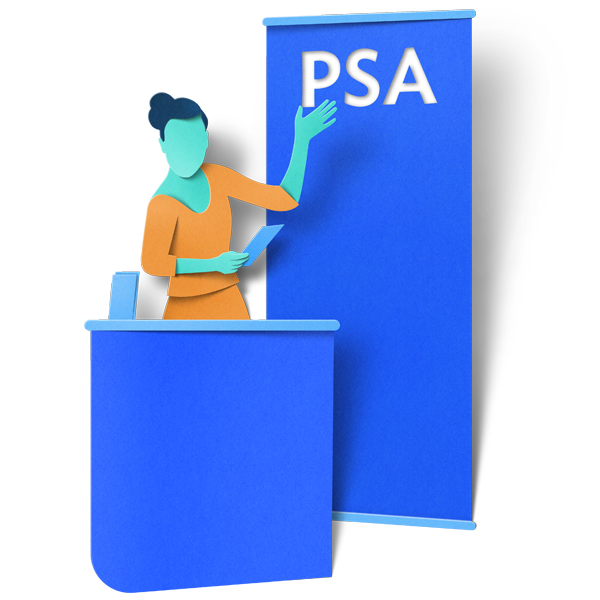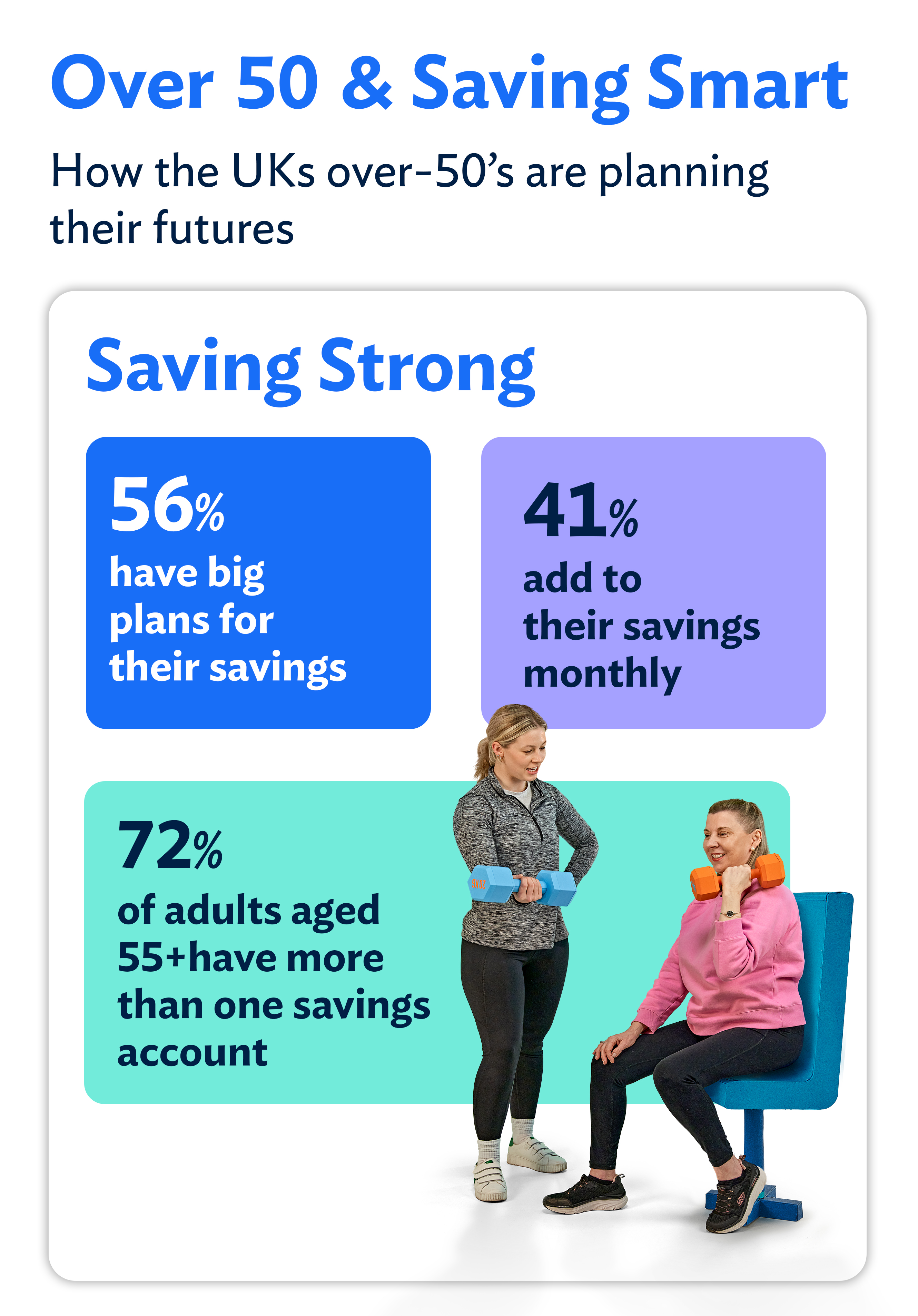
Do you owe tax on your savings?
June 2025
4 minute read

Do you owe tax on your savings?
June 2025
4 minute read

Did you know, if you’re a saver, it’s your job to make sure you’re up to date with paying tax on your savings interest? This was easier to work out when interest rates were a little steadier. But in a world where rates are going up and down, it’s a bit harder to work out.
This year, more people than ever are expected to pay tax on their savings1. You may have already had your tax code changed by HMRC because of this.
But how do you work out what you owe?
Your Personal Savings Allowance and how it works
Your Personal Savings Allowance (or PSA) is the amount of interest you can earn on your savings each year^, before you’ll need to pay tax on them.
The amount of PSA you’re allowed depends on how much you earn. The table below shows the allowance for each Income Tax band:

Income Tax band |
Personal Savings Allowance |
Basic rate |
£1,000 |
Higher rate |
£500 |
Additional rate |
£0 |
Your bank or building society will usually pay interest into your savings automatically. But, if you earn any interest that goes over your PSA, you’ll need to pay tax on this amount to HMRC.
One way to do this is through your tax code. That’s why it’s important to make sure that you are on the right tax code to avoid any extra payments or fines.
When does your PSA apply?
Your PSA applies wherever your savings interest comes from. The exception is any savings you have in Individual Savings Account (ISA).
Each tax-year, you’re allowed to put up to £20,000* tax-free into ISAs. This is why ISAs are so appealing, because the interest you earn on the money you save isn’t taxable and doesn’t impact your PSA.
What happens if you go over your PSA?
If you’re employed and you go over your PSA, or if your Income Tax band changes, you shouldn’t need to do anything yourself. Your bank or building society will tell HMRC about the interest earned on your savings and you’ll pay any tax you owe through ‘pay-as-you-earn' (PAYE).
If you're self-employed and you exceed your PSA, it’s up to you to let HMRC know this on your self-assessment tax return. They’ll work out if you need to pay any tax and tell you how to do this.
If you go over your PSA, they’ll charge Income Tax at your regular rate. Visit the GOV.UK website for more information on the PSA.
An example of PSA in action
Jane is employed and pays the basic Income Tax rate. Her non-ISA savings account has £30,000 in it and has a fixed interest rate of 4%. So, how much will she save and how much tax will she owe after one year?
In one year, Jane would earn £1,200 in interest on her £30,000 (4% of £30,000). The PSA for those on the basic rate is £1,000. So, £200 of the interest Jane has earned is outside of her £1,000 PSA.
This £200 is subject to the basic Income Tax rate of 20%. Jane must pay £40 (20% of £200) in tax. HMRC should change Jane's tax code to collect the £40 she owes through her salary.
So, what should you do next?
Now you know how your PSA works, take a look at how much you have in your non-ISA savings. Check the interest they’re due to earn next to your Income Tax band. If you think you may need to pay some tax on your interest, you should get in touch with HMRC. This could help you avoid any additional payments or fines.
You can check how much tax you may owe on your savings.
Remember, each tax year, you can save up to £20,000* into ISAs. You can learn more on how to make the most of your tax-free allowance by reading our helpful guide.
Don’t ignore the interest you earn on your savings. If you're unsure or need further support, you could consider seeking independent financial advice.
1. Source - Financial Times article
^The tax year runs from 6 April to 5 April.
*Set by the government. The is lower for Lifetime ISAs at £4,000, and Junior ISAs at £9,000. These figures are correct for 2025/2026 tax year.
Related articles:

What is a Personal Savings Allowance
The Personal Savings Allowance (or PSA) isn’t as complicated as it sounds.


